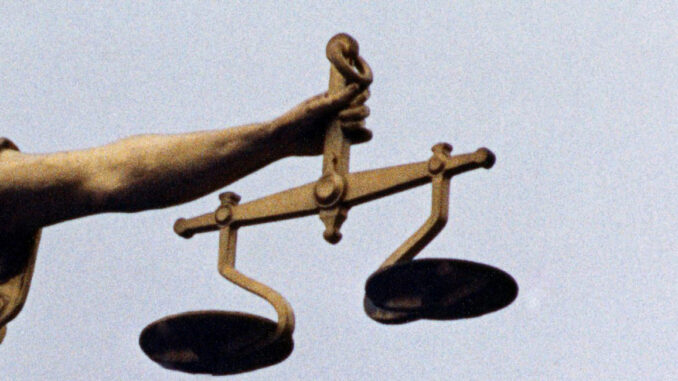
On Tuesday, April 1, I had the opportunity to testify before the House Judiciary Subcommittee on Courts, Intellectual Property, Artificial Intelligence, and the Internet and the Subcommittee on the Constitution and Limited Government about judicial overreach.
There is clearly a potential constitutional crisis involving the judicial branch’s effort to fully override the legislative and executive branches.
Fifteen district judges effectively seized control of various executive branch duties in the first six weeks of the current presidency through nationwide injunctions. This is potentially a judicial coup d’etat. It clearly violates the Constitution and more than 200 years of American history.
To set the stage for this hearing, let me mention 12 former federal judges appointed by President John Adams: Richard Bassett, Egbert Benson, Benjamin Bourne, William Griffith, Samuel Hitchcock, Phillip Barton Kay, Jeremiah Smith, George Keith Taylor, Oliver Wolcott Jr., Williams McClung, Charles Magill and Williams Tilghman.
Adams appointed these Federalist judges on his way out of office to hamstring incoming President Thomas Jefferson’s agenda.
Jefferson concluded that impeaching the judges would take too much time. He and the Congress simply abolished the courts in which they served via the Judiciary Act of 1802.
This is constitutional balance of power. The legislative and executive branches can reshape the judiciary branch. It is a useful reminder in considering the current situation.
Unelected lower-court judges have been steadily grabbing power for years. According to Harvard Law Review, there were 96 nationwide injunctions ordered by District Courts from 2001 to 2023. Two-thirds of them (64) were issued during President Donald Trump’s time in office. Furthermore, 92% of the injunctions against Trump were issued by judges appointed by Democratic presidents.
Since Jan. 20, lower courts have imposed 15 nationwide injunctions against the current Trump administration. This is compared to six during George W. Bush’s eight years, 12 during Barack Obama’s eight years and 14 during Joe Biden’s four-year term.
The notion that unelected lawyers can micromanage the executive branch — and override a commander in chief who received 77.3 million votes — should trouble every American.
This is particularly troubling for issues of national defense and public safety. Around 500 B.C., Sun Tzu asserted in “The Art of War” that “speed is the essence of war.” How can the United States have speed in national security issues if opponents can judge-shop to find someone ambitious or arrogant enough to block, repudiate or delay the president’s decisions?
There are 677 authorized district judgeships. How many think they can override duly elected presidents?
This summary statement has four propositions.
First, the courts have often been challenged.
Jefferson wrote “judges as the ultimate arbiters of all constitutional questions … would place us under the despotism of an oligarchy.”
President Andrew Jackson was in constant fights with the Supreme Court.
President Abraham Lincoln made the Dred Scott decision expanding slavery a centerpiece of his 1858 senatorial campaign. In his first inaugural, Lincoln warned that if the Supreme Court had supreme rule, “the people will have ceased to be their own rulers, having to that extent practically resigned their Government into the hands of that eminent tribunal.”
Second, as the Judiciary Act of 1802 proves, the legislative and executive branches can constitutionally defend their rights — and they have in the past. It is historically and constitutionally wrong to think the legislative and executive branches are helpless against judiciary actions.
Third, the Supreme Court could intervene to eliminate this attack on the executive branch by district judges.
Chief Justice John Roberts could end the growing confrontation by establishing a rule that any nationwide injunction issued by a District Court against the executive branch would be suspended in implementation and immediately taken up by the Supreme Court. This would remedy the lengthy appeals process.
Fourth, Congress and the president can take decisive steps toward bringing the judiciary back into a constitutional framework.
There could be a series of hearings on the constitutional and historic framework which ensures no single branch of government can acquire dictatorial powers — specifically the judiciary in this committee.
These hearings would educate the members and the American people. They would create a national understanding of the need to defend the Constitution against overreaching branches of government.
I would also recommend that Congress pass Chairman Darrell Issa’s No Rogue Rulings Act, which is a good signal to the courts that they have gone too far.
Newt Gingrich served as Republican Speaker of the House in Washington, D.C.


